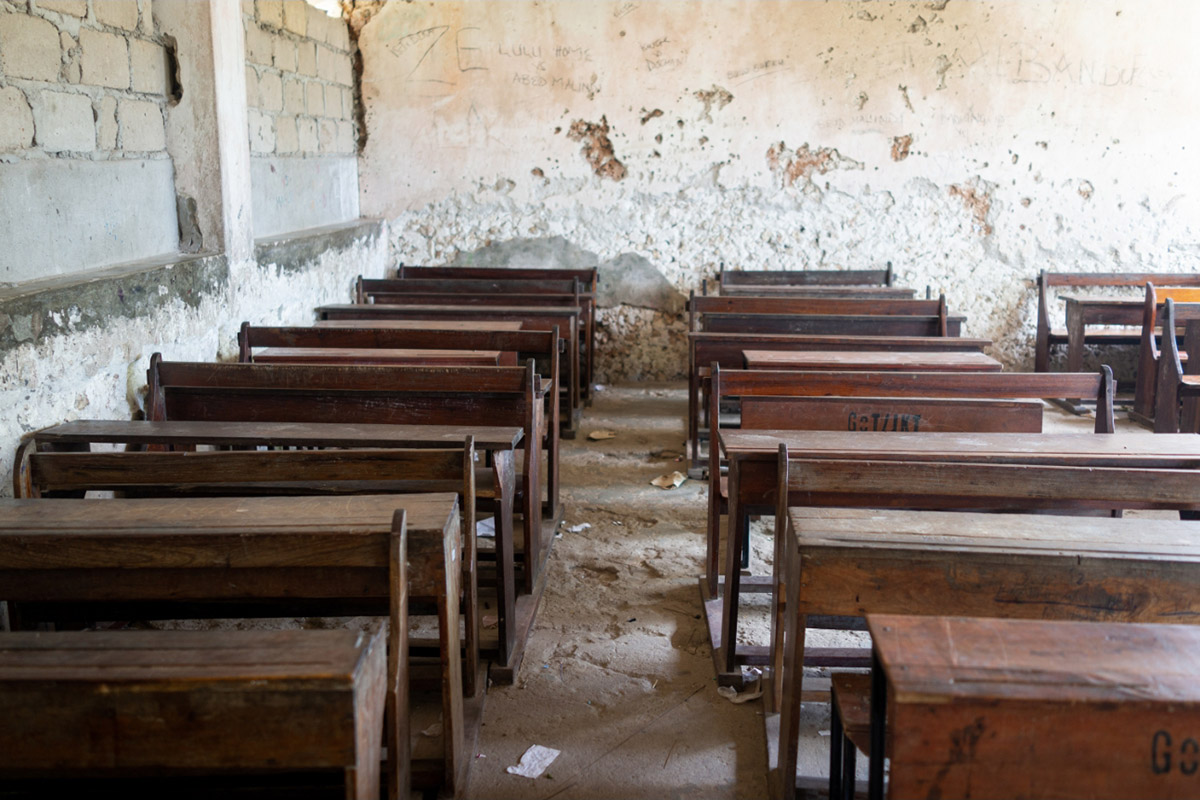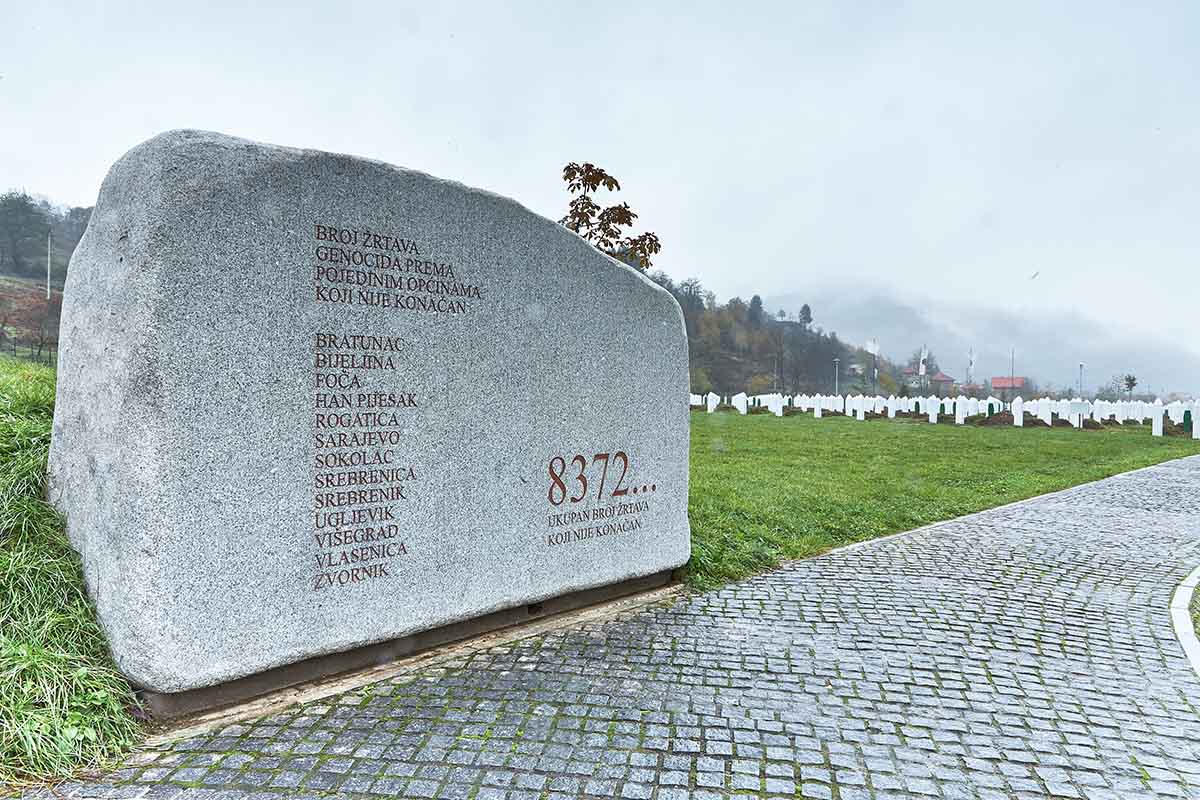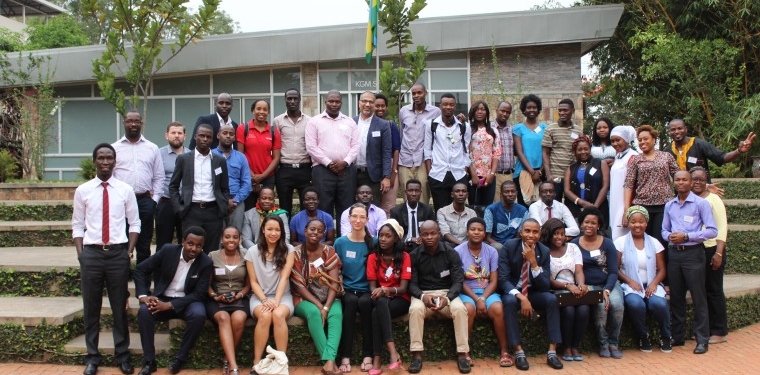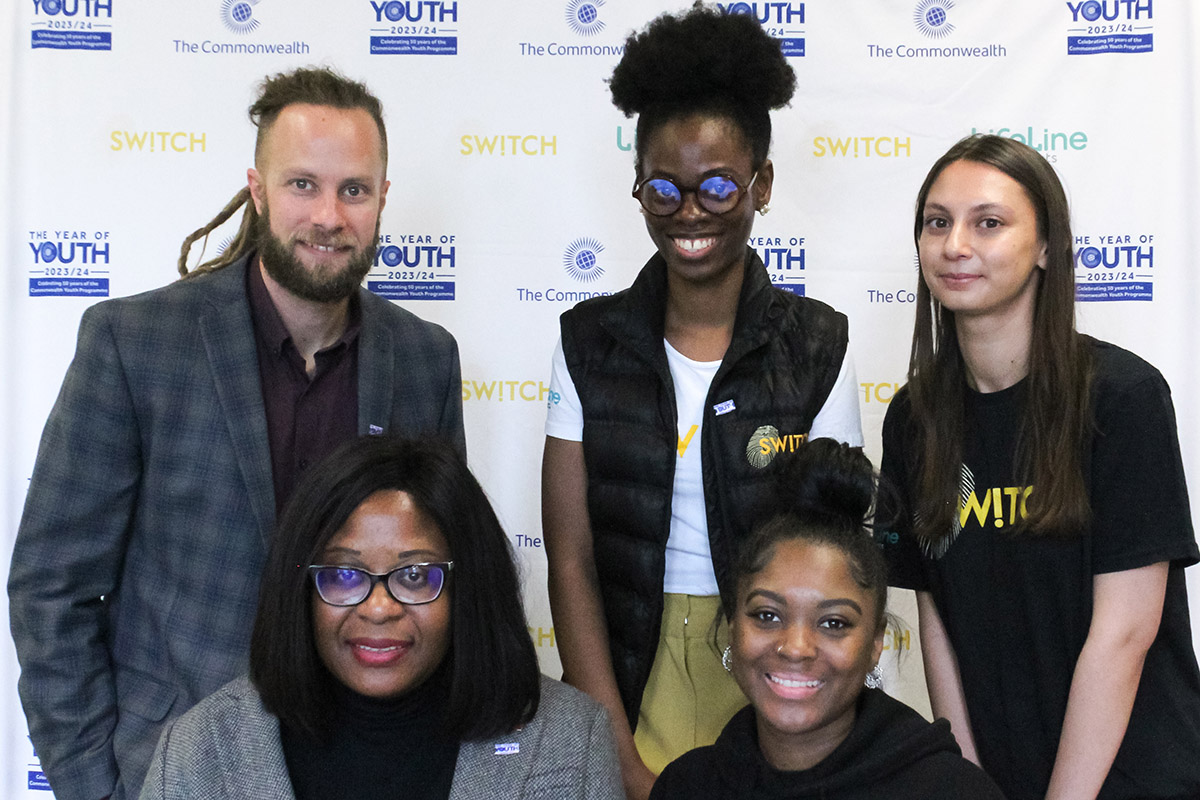Insurgency and Insecurity – Its effect on out-of-school children in Nigeria
January 29by Lillian Efobi
On Christmas Eve of 2023, gunmen stormed several communities in Plateau State, Nigeria, burning houses and shooting residents.
The International Crisis Group stated that deadly conflict and violence has killed over 8,000 people since 2011, and displaced over 200,000, some into neighbouring Niger in Northwest Nigeria.
This violence involves armed organisations, including herder-allied groups, vigilantes, criminal gangs, and jihadists.
The Christmas Eve attack affected the Ndun, Ngyong, Murfet, Makundary, Tamiso, Chiang, Tahore, Gawarba, Dares, Meyenga, Darwat, and Butura Kampani villages in the Barkin Ladi, Mangu and Bokkos areas of the state.
Several other killings have happened in Benue, Kaduna, and other northern and central states of Nigeria.
These killings have increased the number of out-of-school children in Nigeria, as children whose parents were killed or displaced by the violence tend to roam the streets begging, which also places them at increased risk of being recruited by terrorist groups.
In September 2022, UNESCO reported that there were 19.7 million out-of-school children in Nigeria. The factors contributing to this are political, economic, religious, and social, resulting in social and economic exclusion, illiteracy, poverty, child labour, ill health, insecurity, teenage pregnancy and more. While these issues affect the children directly, they also have a huge impact on the country’s economy.
The long-standing rivalry between primarily Hausa and Fulani farmers and herders over land, water, and mineral resources may be the root cause of the violence in these areas. Over time, both groups have mobilized armed groups for protection, referred to by the authorities as “vigilantes” and “bandits”.
This conflict has become more intense due to rapid population growth and environmental damage brought on by climate change.
Amidst a surge in the availability of small arms and light weapons in the region, there has been a multiplication of organized crime groups operating out of uncontrolled forests. These groups engage in ransom kidnapping, armed robbery, and plundering of communities, as well as rustling of cattle and traders in the mostly unregulated gold mining industry.
The deployment of the military and police to the area has made no difference to the insecurity and insurgency in the region. What therefore is the way forward?
To reduce the tension between farmers and herders, a multipronged approach should be used which includes but is not limited to the following:
Implement a national livestock policy
A national livestock policy should be implemented to reform livestock production favourable to both herders and farmers.
Dialogue between different groups
Dialogue between the Hausa and Fulani should be encouraged. Resource management, allocation and control should be given key consideration in ensuring that the different groups get what rightfully belongs to them.
Peacebuilding and Religious Tolerance
There should also be peace education and sensitization amongst communities. Religious tolerance should be promoted in the region by civil, traditional, and religious organisations.
Greater Security
Border security should be tightened, and the government should work with international military intelligence to support in combating insurgency, whilst strengthening local policing systems.
More support for displaced children
There should also be a close collaboration with humanitarian agencies and the private sector to support children displaced by violence and enrol them back in school.
For Nigeria to experience a decrease in the number of out-of-school children, the insecurity and insurgency situation in the northern region must be addressed using a short-, medium- and long-term approach involving the collaboration of all stakeholders.






